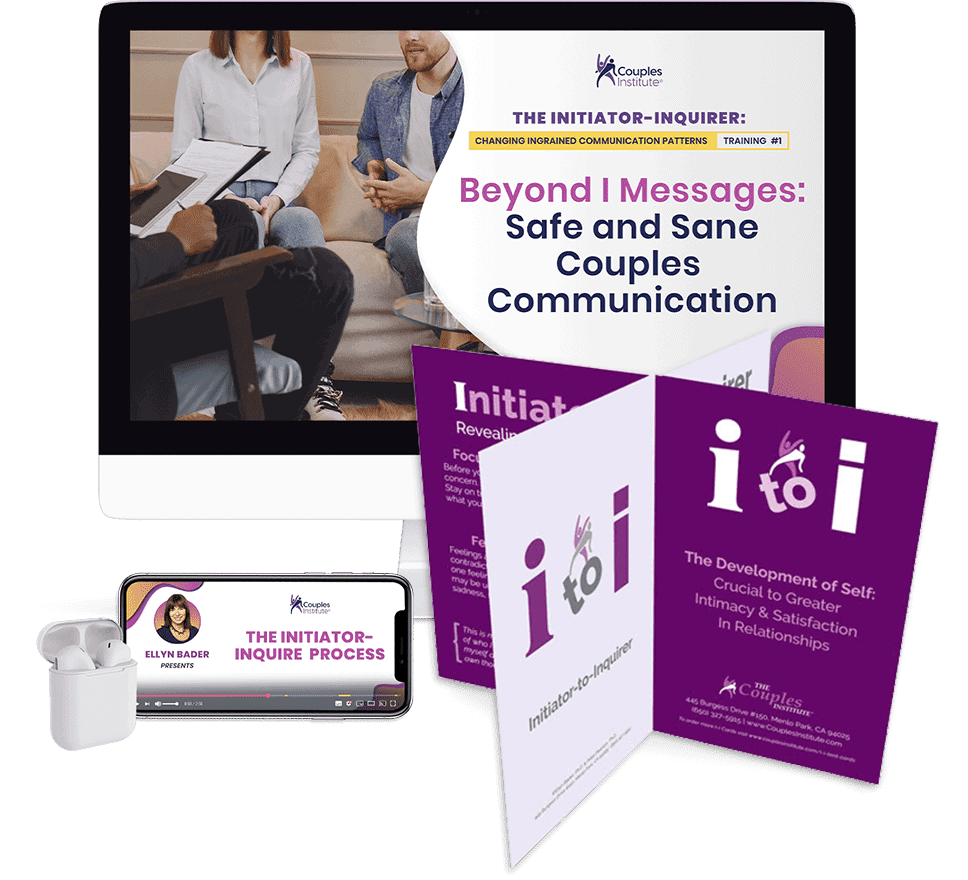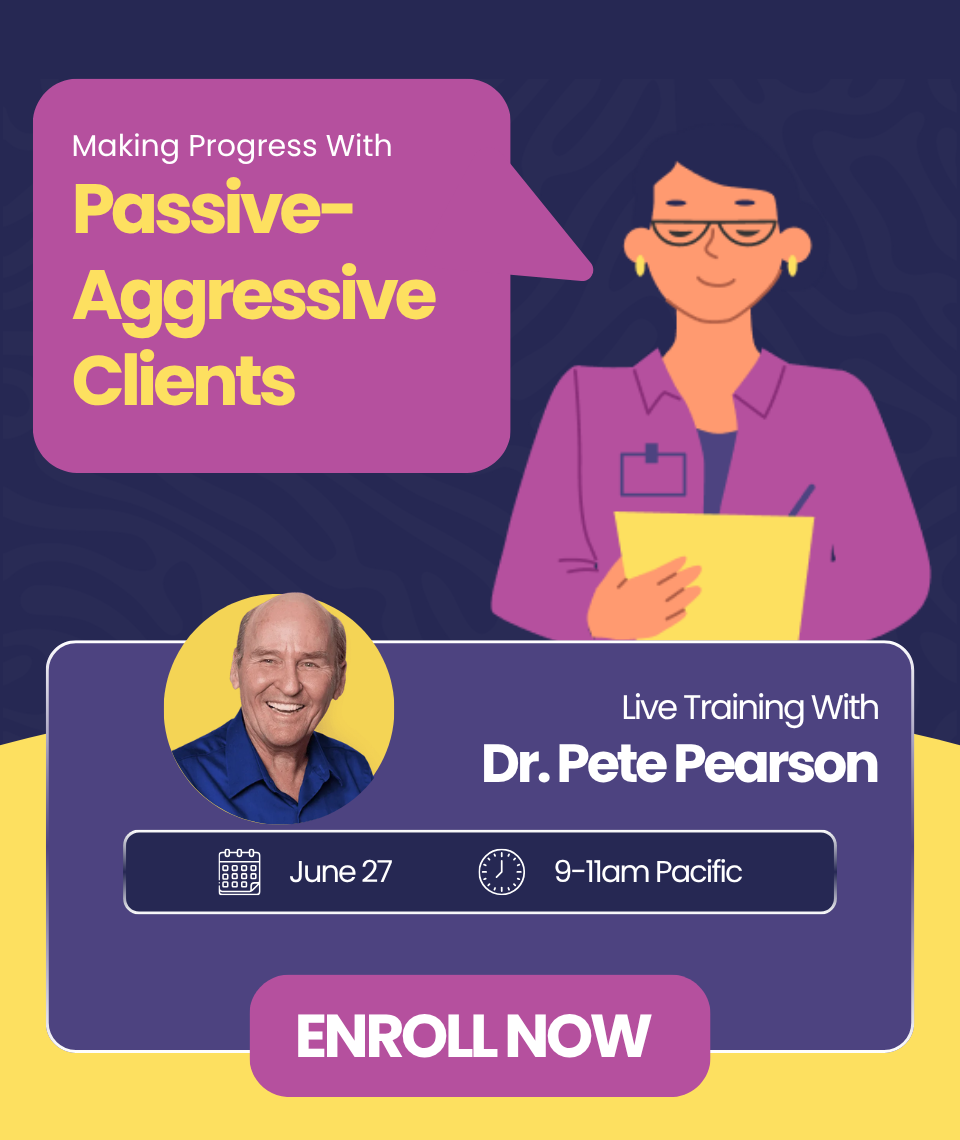I thought I’d write a few short blog posts that focus on the Initiator in the Initiator-Inquirer Process. Attaining successful initiation in the early stages of therapy is not easy. There are many subtleties that make a big difference. In this series, I will write each time about one main point. I hope it will give you a focus in future sessions with highly volatile or very disengaged couples.
First is setting the context and providing structure. Emphasize with the couple that the aim of the Initiator-Inquirer is to make a substantial change in the process of how they are with each other. Don’t focus on the content or problem solving at this stage. Without developing a different way to process challenging emotions and difficult topics, the couple will continue to hurt each other. Changing the process is absolutely essential.
Let the couple know that you will be active. You will be providing structure. You will be intervening often. You absolutely do not want to get pulled into their chaos. You do not want the session to be too scattered.
Also, let them know that you do not expect them to get it right immediately. Say, “It is normal to feel afraid or feel defensive when I ask you to take risks or to say something differently.“ Explain to them the importance of allowing you to coach them so they can attain a new and different outcome.
Ask them to alert you if they are getting reactive and defensive with you. Reiterate you want to be able to help them make a substantial change in the process of how they are with each other. For example, you might say, “Today’s discussion will not be about problem solving or negotiation, it will be about being different with one another. In fact, being able to have a discussion in which they really are different with each other in the office than they have been at home would be a grand success.”
Feel free to comment below on your experience with setting the context or to suggest ways of doing this.
If you are new to the Initiator-Inquirer Process, it would be helpful to read our blog post summarizing it. Click Initiator-Inquirer. Or for a demonstration of the process, get our DVD called “Neutralize the Anger.” It teaches the Initiator-Inquirer process and shows a demonstration of it.



 We respect your privacy.
We respect your privacy.




I believe that structuring from the very first session is the key to success in couples therapy. It’s important to inform clients what to expect, be open about your values and assumptions and develop a collaborative agreement that secures a good working relationship. I also find that contracting for a defined number of sessions with an agreement to review the course of therapy and re-contract can improve outcome.
I love the idea of telling them that the goal is not problem-solving or negotiation but to be different with one another.
I have typically dealt with process and content sort of simultaneously, moving back and forth between them so that we are working on two things at once. Wondering if this is not the best way?